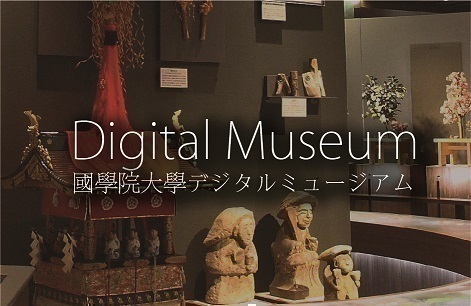- トップ
- Encyclopedia of Shinto
- Amatsu tsumi / Kunitsu tsumi
Encyclopedia of Shinto
| Main Menu: | |
| Links: |
詳細表示 (Complete Article)
| カテゴリー1: | 7. Concepts and Doctrines |
|---|---|
| カテゴリー2: | Basic Terms |
| Title | Amatsu tsumi / Kunitsu tsumi |
| Text | These words occur as a pair in the great purification incantation (ōharae no kotoba) of the Engishiki. Amatsu tsumi are the eight crimes committed by Susanoo that disturbed farming in Takamanohara (the Plain of High Heaven). These crimes include breaking down the ridges between rice paddies (ahanachi), filling in the irrigation ditches (mizoume), releasing the irrigation sluices and thereby destroying the fields (hihanachi), double planting (shikimaki), setting up stakes in order to appropriate others' fields (kushisashi), skinning animals alive (ikihagi), skinning backward from rear to front (sakahagi), and defecation (kusohe). Kunitsu tsumi are other crimes such as incest, bestiality, and magic, or inauspicious omens that portend major cataclysmic events. If one follows Orikuchi Shinobu's theory, originally amatsu tsumi was written as 雨障, implying how during the rainy season, farmers stayed indoors and were repentant of their misdeeds. This origin of this period of abstinence or repentance lies in the legend relating Susanoo's mischievous actions. Furthermore, because Susanoo is the deity of the rice paddies (ta no kami), gradually the meaning of amatsu tsumi shifted to imply Susanoo's various misdeeds in Takamanohara (the Plain of High Heaven), using the characters 天つ罪, which emphasize "heavenly misdeeds." In response to this latter interpretation, eventually kunitsu tsumi came to be perceived as the complementary opposite of amatsu tsumi, presumably emphasizing more mundane misdeeds. — Tsushiro Hirofumi |




